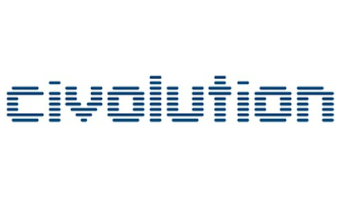HITS Connections

Civolution Completes Teletrax Sale, Turns Focus to Watermarking
Story Highlights
Automated content recognition tech company Civolution has completed the sale of its TV analytics and TV synced ads business, Teletrax, to 4C, a Chicago-based data science software company, the companies announced July 30.
The move — combined with Civolution’s December 2014 sale of its audio watermarking business to Kantar Media — has the company now focused entirely on its NexGuard forensic watermarking business, Civolution CEO Alex Terpstra said. NexGuard. NexGuard forensic watermarking aims to deter content piracy by inserting unique identifying codes into media assets, and is used in production, digital cinema, pay TV, VOD and OTT streaming.
“This milestone furthermore enables Civolution to be even more laser-focused on its industry leading NexGuard forensic watermarking solutions against the illegal re-distribution of content, the greatest piracy threat facing the content industry today,” Terpstra said.
Teletrax’s team of approximately 70 employees — located in The Netherlands, London, New York and Los Angeles — merges with 4C, and the transaction has Sake Bosch, managing partner of Civolution’s investor Prime Ventures, joining 4C’s board of directors. Terpstra will join 4C as managing director for Europe, the Middle East and Africa (EMEA), while Harrie Tholen, SVP of sales and marketing for Civolution’s NexGuard business, becomes managing director of NexGuard.
“This exit of the Teletrax business unit marks a fantastic opportunity for 4C and Teletrax, who share a vision for the future of advertising and offer best-in-class software solutions,” Terpstra said. “Teletrax clients will enjoy 4C’s unique ability to unlock the power of social connections in driving advertising effectiveness, while 4C’s clients gain access to our patented real-time TV analytics and TV synced advertising offerings.”
Tholan added: “NexGuard forensic watermarking represents a powerful and decisive deterrent to pirates where traditional content protection schemes can no longer provide protection. With so much at stake, it is critical for content owners and service providers to react promptly to the illegal use of their content.”









